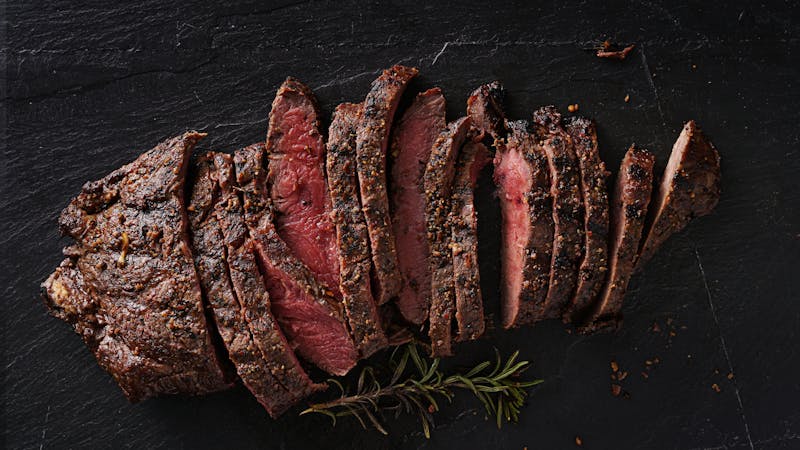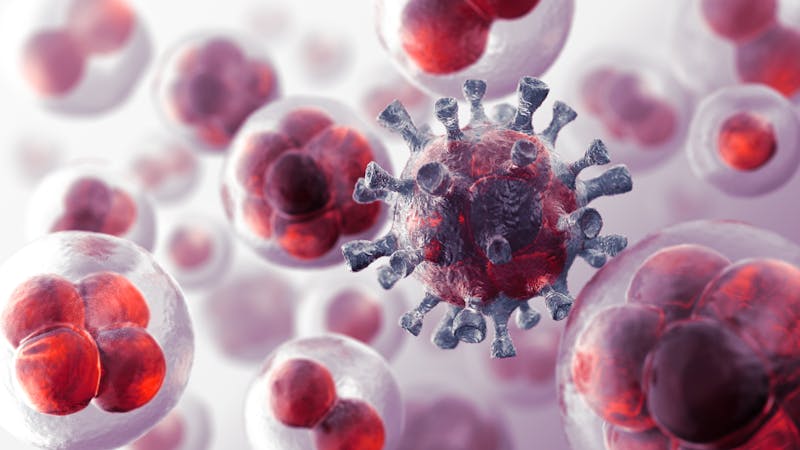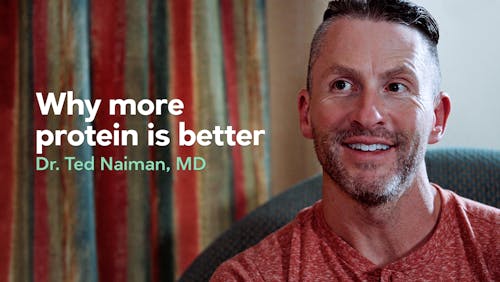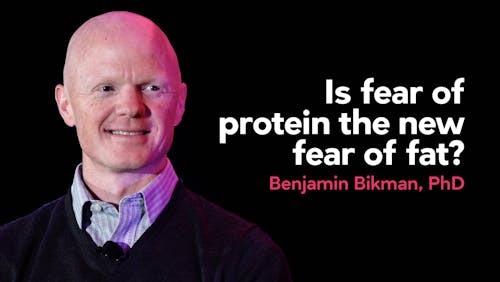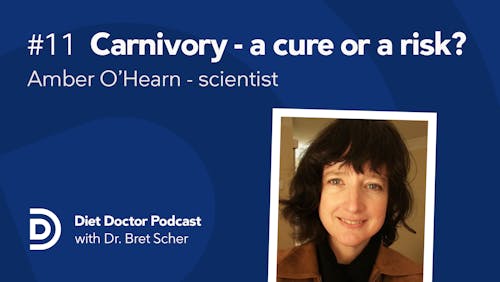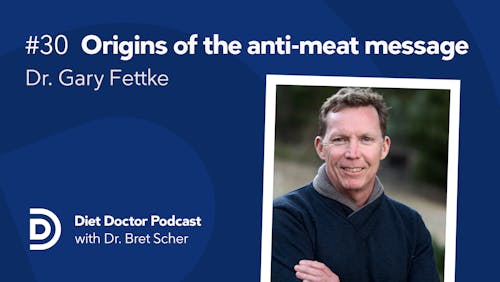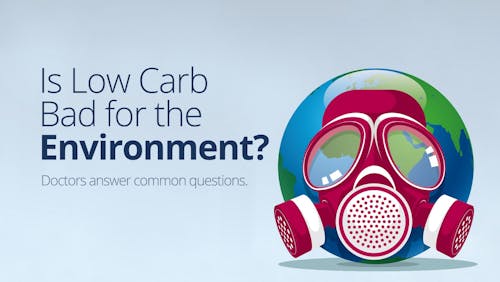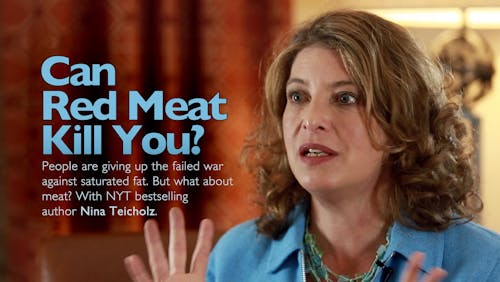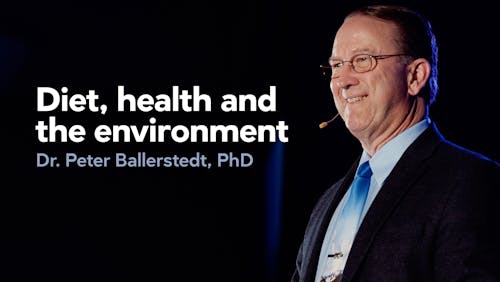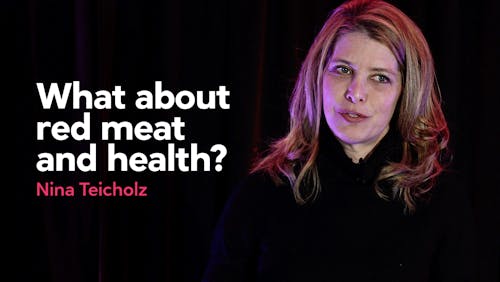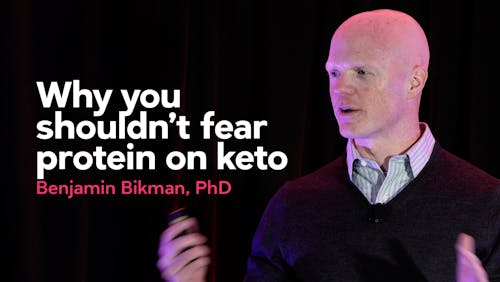Red meat and colon cancer: The evidence remains weak
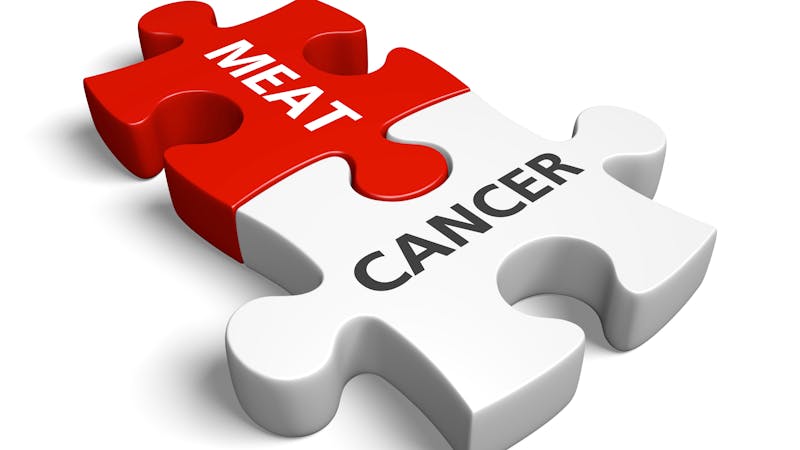
Could eating red meat regularly but in moderation — averaging less than one serving per day — increase your risk of developing cancer? Researchers reached that conclusion in a recent study that’s making news headlines:
The Guardian: Even moderate intake of red meat raises cancer risk, study finds
Beginning in 2006, UK researchers followed nearly half a million middle-aged and older adults for several years to assess relationships between various dietary factors and colon cancer risk. Initially, all participants filled out a detailed food-frequency questionnaire, and they were given the opportunity to complete four 24-hour diet recalls spaced several months apart. By the end of the study, 2,600 people had been diagnosed with colorectal cancer.
As part of their assessment, researchers concluded that participants who reported eating 76 grams (about 2.5 ounces) of red or processed meat per day had a 20% greater risk of developing colorectal cancer compared to those who ate 21 grams (about 0.75 ounces) of red or processed meat per day. They listed the following as strengths of their study: large number of participants, dietary follow-up conducted at regular intervals, and adjustment for smoking, alcohol consumption, large waist size, and other factors associated with cancer risk.
Although this study was more thorough and detailed than other similar studies, like all observational research, it cannot and does not prove that frequent red meat consumption causes colon cancer.
Furthermore, there are a few other important points to consider:
- Follow-up diet recalls weren’t completed by everyone. Of the 475,000 participants, only 175,000 completed at least one 24-hour diet recall after the initial food-frequency questionnaire. Although described as a large number by the researchers, this was actually just over one-third of participants. The majority only filled out one food-frequency questionnaire at the beginning of the study.
- Researchers relied on self-reported food intake. Typical food-frequency questionnaire questions like “How many times a week do you eat beef?” are nearly impossible to answer accurately. A 24-hour diet recall allows for greater personalization, but it’s often difficult for people to remember precisely what and how much they ate the day before. Additionally, participants may underreport consumption of foods generally considered unhealthy yet overreport intake of fruits and vegetables.
- Participants who ate the most red meat tended to have less-healthy eating habits. Similar to previous observational research exploring the health effects of red meat, researchers noted, “Compared with those in the lowest category, participants in the highest category of reported total red-meat intake were slightly older, more likely to be smokers, had a higher BMI and body-fat percentage, had a higher alcohol intake and had lower intakes of fruit, vegetables and fibre.” Were the people who developed colon cancer less metabolically healthy and eating meals like hamburgers, fries, and beer rather than steak, broccoli and water?
- Correlations between red meat and colorectal cancer risk were statistically weak. The hazard ratio for each 50 gram (1.75 ounce) increase in red or processed meat per day was 1.20, which is considered a weak association that doesn’t show a clear relationship between a behavior (such as eating red meat) and an outcome (such as colorectal cancer).
This latest observational study about red meat and colon cancer doesn’t really tell us anything new. Given the consistently weak associations and need for more rigorous research in this area — like the trial showing that sharply reducing red meat intake for several years didn’t reduce colon cancer risk — we’re not changing our position that eating moderate amounts of this nutritious source of high-quality protein is healthy.
Earlier
WHO pulls out of EAT-Lancet event after criticism from Italy
Another weak study takes aim at protein
Prominent oncologist to study potential of “keto + drugs” to fight cancer
